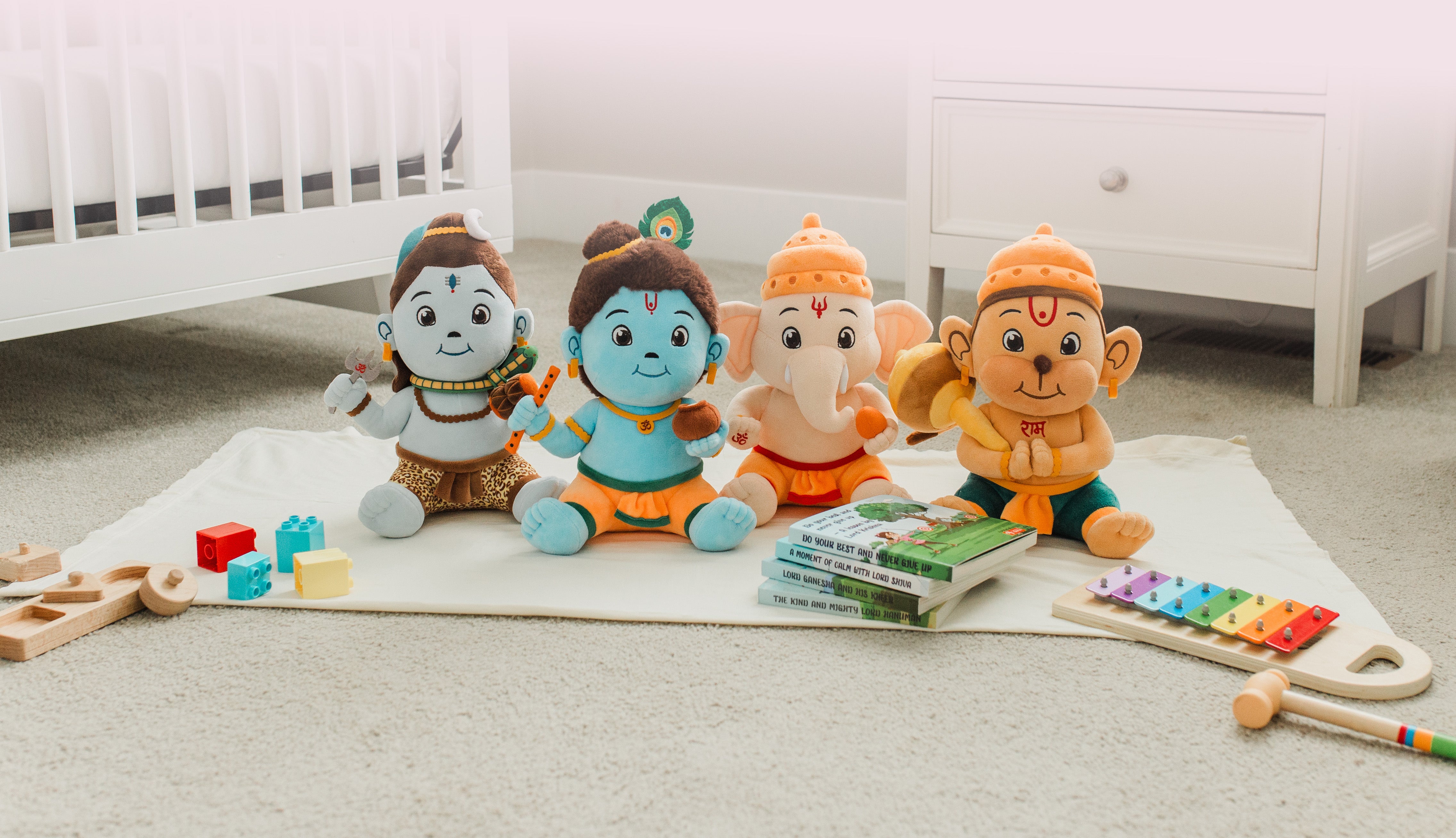Many names - One celebration
Every spring, Hindus celebrate different festivals to mark the beginning of the harvest season and the traditional new year. Festivals such as Gudi Padwa and Ugadi are linked to the day when Hindu God Brahma created time and the universe. It also commemorates the coronation of Lord Ram in Ayodhia after His victory over Ravana,
Why is it celebrated in March/ April vs January 1st?
Because Hindus follow the luni-solar calendar, which uses the positions of the sun and the moon to divide the years into months and days. Let's find out how this occasion is celebrated across India
West India - Gudi Padwa
Most households in Maharashtra and Goa celebrate Gudi Padwa. They set up the Gudi which is a wooden stick covered in a bright red and orange cloth, some mango leaves, flowers and sugar. A silver or copper pot is placed in an invested position on top to complete the Gudi.
Why? The Gudi flag is believed to ward off evil and invite prosperity into the house
South India - Ugadi
Ugadi is observed in the states of Andhra Pradesh, Karnataka (as Yugadi), Telangana and parts of Goa. The terms Yugadi or Ugadi stem from the Sanskrit words "Yuga" (Age) and "Adi" (beginning), denoting "the start of a new age".
People celebrate it by making Rangolis, adorning doors with mango leaves, exchanging gifts, and offering charity.
Cheti Chand
Cheti Chand is another festival that is well-known pertaining to the Sindhi community. It is the birthday celebration of Varun Dev (Water God) Sai Uderolal who is famously known as Jhulelal.
For Sindhis, Cheti Chand also symbolises the start of the New Year just like Gudi Padwa. The festival worships water (the boon of life). Many people go to a lake or the banks of a river to offer rice with milk and flour.
While the traditions and customs may differ, the spirit of the festivals remain the same - to welcome the New Year with hope, happiness and positivity.
Wish you all a Happy Gudi Padwa, Ugadi and Cheti Chand!
By - Cuddly Gurus - Celebrating and honoring great Hindu Icons
We offer Indian cultural plush toys that recreate great Indian icons and will delight your little ones. Great Ganesha and Humble Hanuman capture the beauty and perfection of these superheroes and can sing five mantras with a gentle touch to their belly. All of our cultural soft toys are made with care and devotion and accompanied by Hindu storybooks carefully crafted to engage young minds through simple, yet colorful storytelling.

